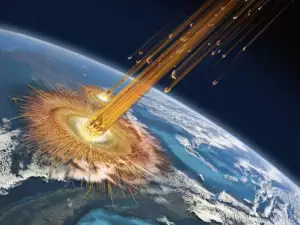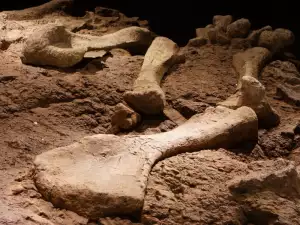A new study alarms that global warming is in the process of disrupting the functionality of the Mediterranean region, which is going to cause unprecedented drought and heat waves, unlike anything seen in the past 10 000 years. This is going to turn a great part of Southern Europe into desert.
The average temperatures in the area have increased by about 1.5 °C since the beginning of the 20th century, which is a lot higher than the average increase worldwide, indicates the study done by Aix-Marseille University, France.
The changes in climate that are coming as a result of human activity are going to change the local ecosystems in a way unseen in the past 10 000 years. This disastrous process can only be stopped if governments take immediate action in reducing greenhouse gas emissions, the scientific report adds.
The fast rate of warming is going to turn the greater part of South Spain and Portugal into a desert. This desert is predicted to spread over Morocco, Syria, southeastern Turkey, and parts of Greece, Sicily and Sardinia, leading to the break up of the oxygen zone in Europe, which is made up of cedar, pine and olive forests. The effects will be felt throughout nearly the entire continent.
Last year, representatives of nearly 200 nations came together in Paris to discuss immediate measures to prevent the world's average temperature from exceeding a 2 °C rise, as well as lowering it to 1.5 °C. Unfortunately, 2 of the largest environmental polluters, the US and China, refused to sign the agreement.

A new climate summit is coming up next month in Morocco, where even more governments are expected to take part in the agreement. Analysis indicates that only an average temperature increase of no more than 1.5 °C would save the Mediterranean from certain destruction.
Climate changes in the Mediterranean can pose severe economical and political consequences. Scientists remind that the last drastic shift (occurring in about 1250) fundamentally changed the political map of Europe and the Near East.
The sudden drought forced the populations of vast regions of Asia Minor to give up their settled way of life and become nomads. This was a catalyst in the formation of the Ottoman Empire and its subsequent impact on the rest of the continent.











